Ambiguity within Wisconsin law works in Kyle Rittenhouse’s favor, but jurors still could be swayed to a guilty verdict if they buy the prosecution’s argument that teen brought a “gun to a fistfight,” legal experts say.
Both the prosecution and defense attorneys presented their closing arguments on Monday.
Before jurors were assembled into the courtroom, the judge dismissed one count of a dangerous weapon by a person under 18, which is a misdemeanor.
Julius Kim, a Milwaukee-based criminal defense attorney and former prosecutor, said the count was dismissed because of a legal technicality involving two competing statutes in Wisconsin. One criminal statute, Kim explained, says it is illegal for someone under the age of 18 to possess a firearm.
Rittenhouse was 17-years old at the time of the Aug. 25, 2020 shooting.
However, Kim said there is also another provision in a Wisconsin hunting statute that suggests a 17-year old could possess a long gun or a shotgun rifle.
When asked if that statute could only apply to hunting, Kim said, “Well, that’s the big question, because there’s some ambiguity as to the language. Possession of a short barreled shotgun, or a sawed-off shotgun, is illegal in itself in Wisconsin. The judge basically asked both sides, ‘Is there any dispute as to the length of the rifle that Kyle Rittenhouse possessed that night?’ Both sides said no– that it could easily be measured at this point in time by the jury if they wanted. The barrel on the rifle also was of legal length. So that being the case, the judge this morning ruled that as a matter of law, the state has not proven that Rittenhouse violated the statute that he was charged under count six because of that exception that the offense brought up.”

Kim said he initially thought there would be an acquittal on all counts, or a possibility of a hung jury on the felony charge connected to the death of Joseph Rosenbaum, the first man that Rittenhouse shot. After watching lead prosecutor Thomas Binger’s closing statement on Monday, however, Kim said the state has so far presented a compelling argument.
“Now that I know that the state is finally presenting, I think that it’s possible there could be a conviction on the first count involving the death of Joseph Rosenbaum,” Kim said. “I thought it was pretty compelling so far in terms of the fact that the prosecution said Kyle Rittenhouse initiated this whole thing by pointing his firearm at the people, and that Joseph Rosenbaum responded to that by chasing Rittenhouse. And that’s significant because by Kyle Rittenhouse pointing his firearm initially, that is called provocation- where he provoked the entire incident.”

Lou Shapiro, a Los Angeles-based state and federal criminal defense attorney, said the prosecution had a high road to climb in convincing jurors that Rittenhouse did not have a valid self-defense claim.
“The prosecution is trying to argue that because threats made to Rittenhouse were not recorded that they did not happen,” Shapiro said. “The defense will argue that just because something isn’t recorded doesn’t mean it didn’t happen. No one would expect every statement made that night to be recorded. The recording evidence is a compilation of several sources. In order to buy the prosecution case, the jury has to believe beyond a reasonable doubt that Rittenhouse provoked the incident.”

During his closing argument, Binger used a picture from the 1980s movie “Road House” to make a point that Rittenhouse was looking for trouble when he armed himself with an AR-15 and traveled from his home in Antioch, Illinois to Kenosha when he shot and killed Joseph Rosenbaum, 36, and Anthony Huber, 26. The teen also wounded 28-year old Gaige Grosskreutz.
Shapiro said Binger’s catchy, “You don’t bring a gun to a fistfight” line might remain in the juror’s memories, but that might not be enough.
“It’s a good line to illustrate his theme, but the evidence does not support that Rittenhouse was looking for a fight that night,” Shapiro said. “I think the better argument for the prosecution would be that he is a good Samaritan that took it too far.”

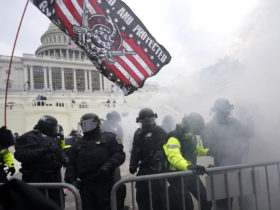
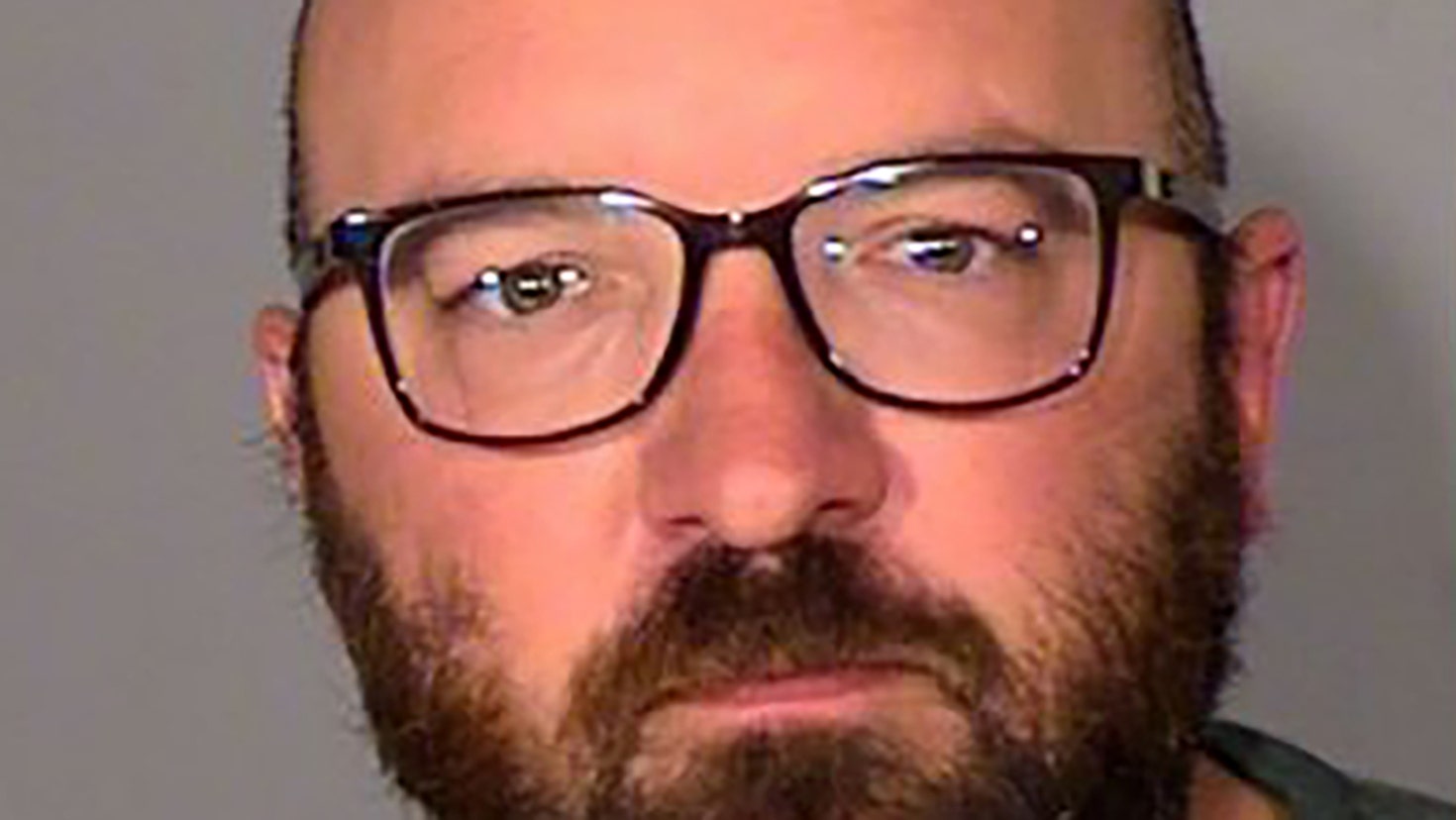

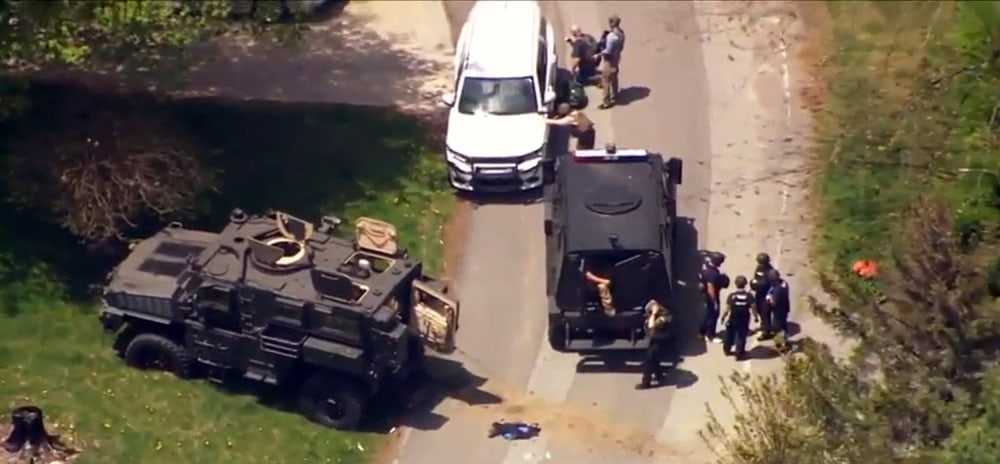
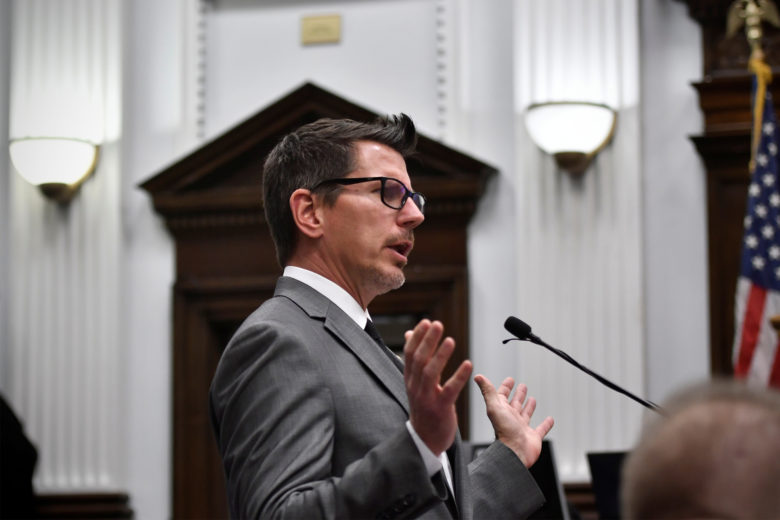
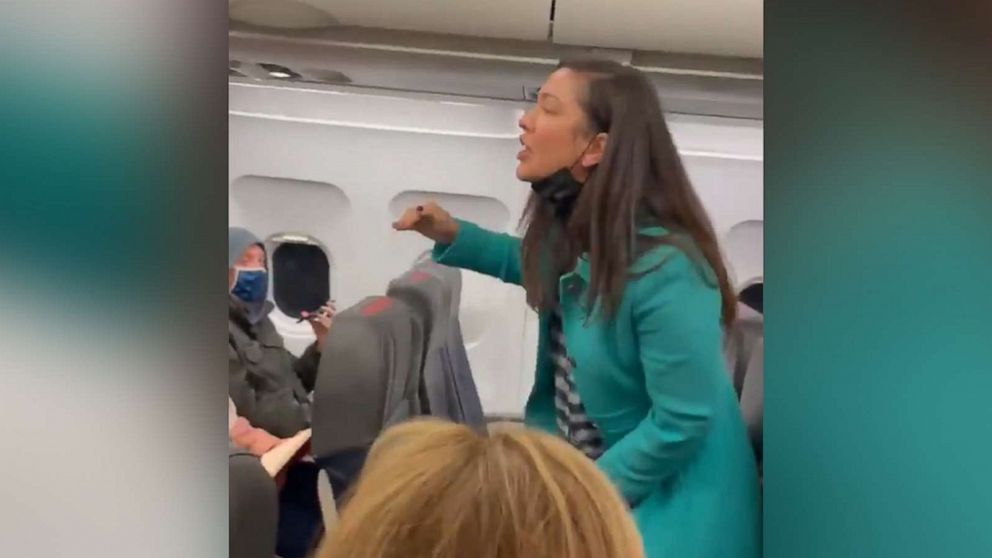


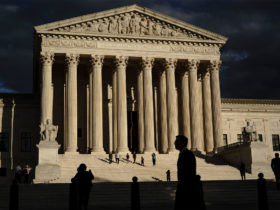

Leave a Reply